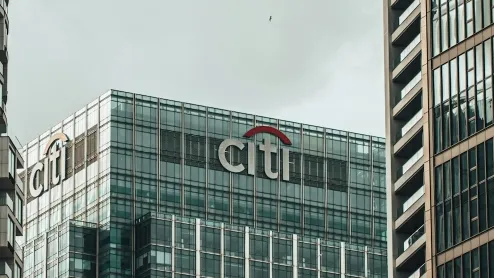
Vietnamese banks' capitalisation to remain depressed by high loan-loss provisions
But stable NIM and fees will support pre-provision income.
The overall outlook for Vietnam’s banking system is stable, driven by the country’s robust economic growth as well as the banks’ stabilizing asset quality and good liquidity, according to Moody's Investors Service. The outlook is in the context of relatively low ratings on the banks, reflecting their weak capital levels and insufficient provisioning for legacy asset-quality assets.
"The operating environment for Vietnamese banks has been benign in the past two years, after a sharp deterioration in 2012 that followed several years of very rapid credit growth. Rapid economic growth improves the recovery prospects for legacy problem assets and supports Vietnamese banks’ new business expansion. Increasing foreign direct investments, a large current account surplus, and a policy preference for stability over growth have all contributed to improved conditions for the banks," adds Moody's.
Here's more from Moody's:
Asset quality will be stable over the outlook horizon. We estimate total problem loans -- including nonperforming and special-mention loans, loans sold to the Vietnam Asset Management Company (VAMC), and problem loans classified as receivables – averaged around 9% for rated banks as of June 2015. A gradual increase in prices of real estate – which acts as collateral against the vast majority of problem assets – is likely to lead to higher recoveries for the banks.
While uncertainties remain as to the true level of impaired assets in the banking system, transparency has generally improved due to the application of more stringent loan classification standards and regulatory measures aimed at curbing loan restructuring. Still, corporate leverage remains relatively high and credit growth has accelerated, meaning that future asset quality problems could be building up in the system.
We maintain a negative view on the banks’ capitalization and profitability, which will remain depressed by high loan-loss provisions. By contrast, stable net interest margin (NIM) and fees will support pre-provision income.
It will take the banks many years before legacy problem assets are prudently covered by reserves and/or written off. Capital adequacy will also be pressured by accelerating credit growth. Options to improve capital buffers are scarce, owing to the banks’ weak bottom-line profitability and a limited ability to raise capital externally.
Funding and liquidity will be stable in the Vietnamese banking system. Deposit growth has been strong, reducing the banks’ reliance on market-sensitive funding sources such as interbank borrowings. At end-2014, market funds financed 17% of assets, down from 26% in 2012.
We expect that government support would be forthcoming for state and private banks in case of need, in the form of forbearance and liquidity assistance. The State Bank of Vietnam (SBV) has been taking over failed banks instead of putting them through receivership or bankruptcy. We see this as a sign that the authorities are wary of potential system contagion if banks, even small ones, are allowed to fail.
As a result of incorporating government support, the ratings of government banks include two to three notches of uplift, while private sector banks get one notch of uplift.



















 Advertise
Advertise












